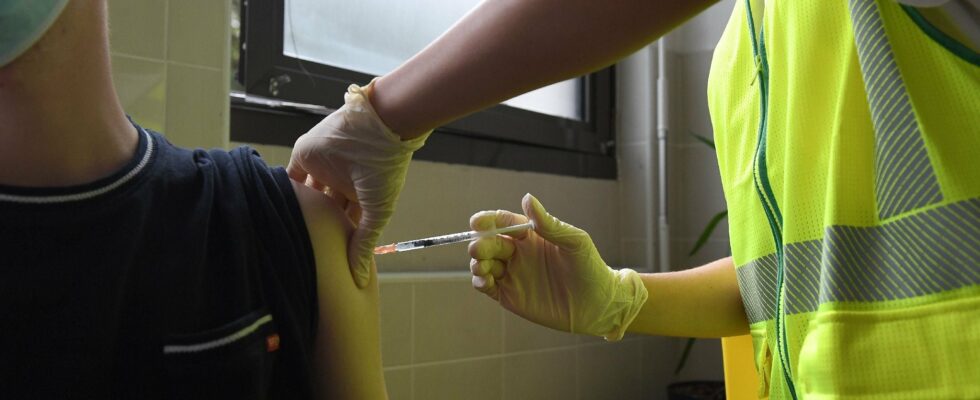A person living in the Stockholm region of Sweden has been diagnosed as carrying the more contagious and dangerous subtype of the mpox virus, clade 1, a first outside Africa, the Swedish Public Health Agency announced on Thursday, August 15.
“The affected person was infected during a stay in a region of Africa where there is a major outbreak of MPOX subtype clade 1,” Olivia Wigzell, acting head of the Swedish Public Health Agency, said at a press conference.
The public health agency confirmed to AFP in a message that it was the MPOX variant of the subtype clade “1b”, which has been experiencing a resurgence in the Democratic Republic of Congo since September 2023. The infected person in Sweden received care and recommendations in accordance with current regulations, assured Ms. Wigzell.
“We believe that Sweden is well prepared to diagnose, isolate and treat people with COPD safely and effectively,” she added. “That one person is treated for COPD in the country does not imply a risk for the rest of the population,” the public health agency stressed in a statement.
The European Centre for Disease Prevention and Control (ECDC) currently considers this risk to be very low, she said.
WHO triggers highest alert level
The current epidemic, which started in the DRC, has its specificities, first of all a more contagious and more dangerous virus. It is caused by clade 1 and by an even more dangerous variant, clade 1b. Its mortality rate is estimated at 3.6%.
The World Health Organization (WHO) on Wednesday raised its highest level of international alert in the face of a resurgence of cases of COPD in Africa.
Clade 1b causes rashes all over the body, while previous strains were characterized by localized rashes and lesions on the mouth, face, or genitals.
A total of 38,465 cases of MPOX, formerly known as monkeypox, have been reported in 16 African countries since January 2022, resulting in 1,456 deaths, including a 160% increase in the number of cases in 2024 compared to the previous year, according to data released last week by the African Union health agency.
